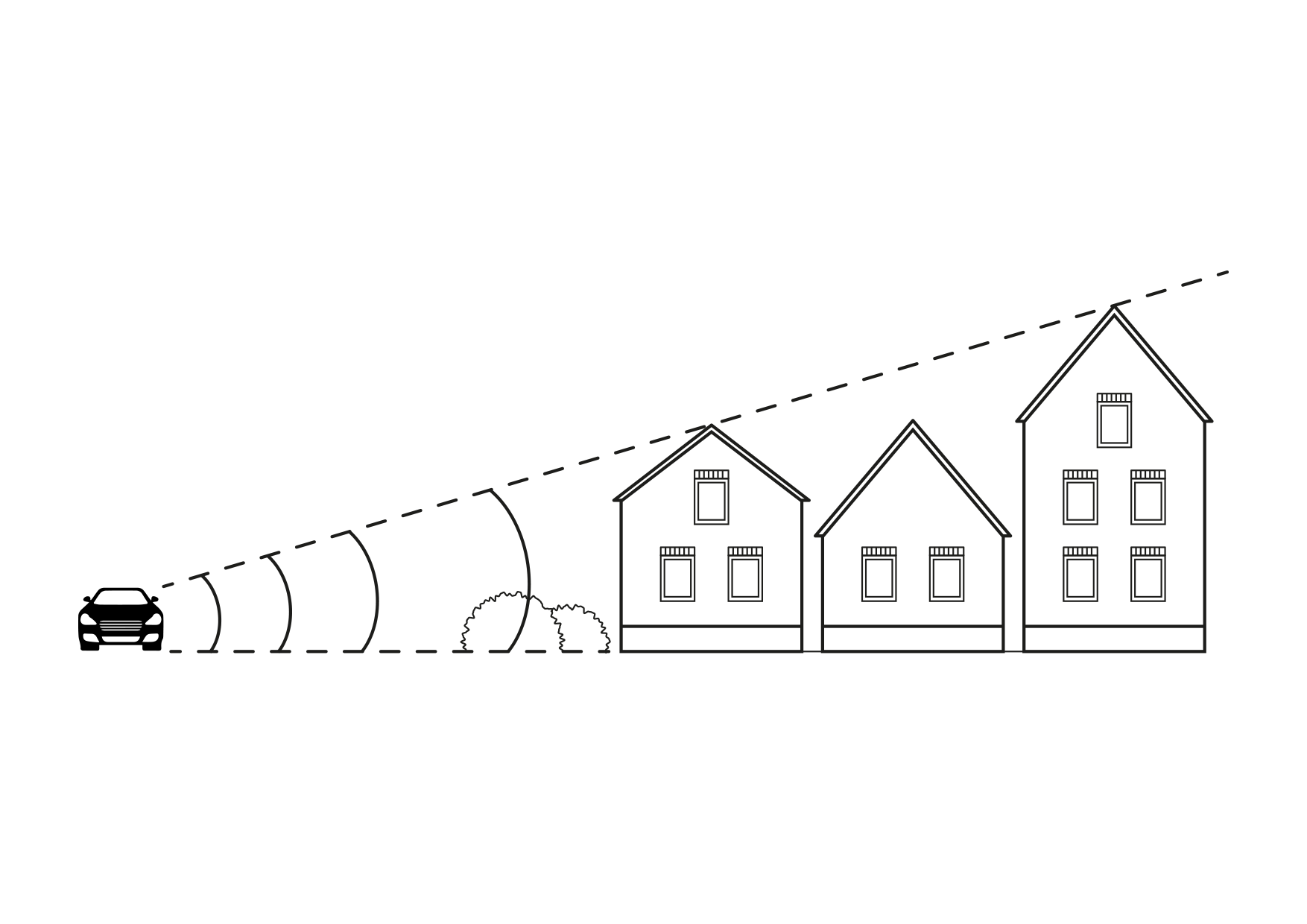Traffic noise formula (Traffic Noise Overlay): Difference between revisions
Jump to navigation
Jump to search
No edit summary |
|||
| Line 51: | Line 51: | ||
{{article end | {{article end | ||
|notes= | |notes= | ||
* If the traffic amount is defined as a single value, that value is used for all defined [[Hours (Traffic Density Overlay)|hours]]. However, if the amount if an [[Attribute array|array of values]], each of the 24 indexes of that array are assumed to correspond to the hour denoted by those indexes, and as such that specific value from the array is used. | * If the traffic amount is defined as a single value, that value is used for all defined [[Hours (Traffic Density Overlay)|hours]]. However, if the amount if an [[Attribute array|array of values]], each of the 24 indexes of that array are assumed to correspond to the hour denoted by those indexes, and as such that specific value from the array is used. | ||
|seealso= | |seealso= | ||
Revision as of 14:44, 15 February 2022
The calculations for the Traffic Noise Overlay follow the standard rekenmethode 1 (SRM 1), as described on http://wetten.overheid.nl/BWBR0031722/2015-07-01#BijlageIII:
LAeq = E + Co + Cr - Da - Dl - Db - Dm
where:
- LAeq: equivalent noise level (dB(A))
- E: emission
- Co: acceleration term (default = XXX dB(A))
- Cr: reflection term (omitted)
- Da: distance reduction
- Dl: air reduction (default = XXX dB(A))
- Db: surface reduction (default = XXX dB(A))
- Dm: meteorological reduction (default = XXX dB(A))
Default values are taken from InfoMil [1]
Emission
Emission is computed as:
E = 10 * log(10^(Elv/10)+10^(Emv/10)+10^(Ezv/10)
Per vehicle category, the emission is computed as:
Em = am + bm * log(m/v0) + 10 * log(Q/vm)+Cw;m
and
Cw;m = σm + τm x log(vm/v0,m)
where:
- m: vehicle category (light weihgt, medium weight and heavy)
- a and b: factors to be found at InfoMil [2]
- Cw = road surface correction
- σ = correction factor at reference traffic speed
- τ = correction factor per 10 km/hour deviation from reference traffic speed
Distance reduction
Distance reduction is computed as:
Da = 10 * log(r)
where:
- Da: distance reduction
- r: shortest distance between the source and point of evaluation
Notes
- If the traffic amount is defined as a single value, that value is used for all defined hours. However, if the amount if an array of values, each of the 24 indexes of that array are assumed to correspond to the hour denoted by those indexes, and as such that specific value from the array is used.
See also
References
- The overlay calculations are based on Standard Calculation Method 1 (SRM1) as defined by the dutch government: http://wetten.overheid.nl/BWBR0031722/2015-07-01#BijlageIII
